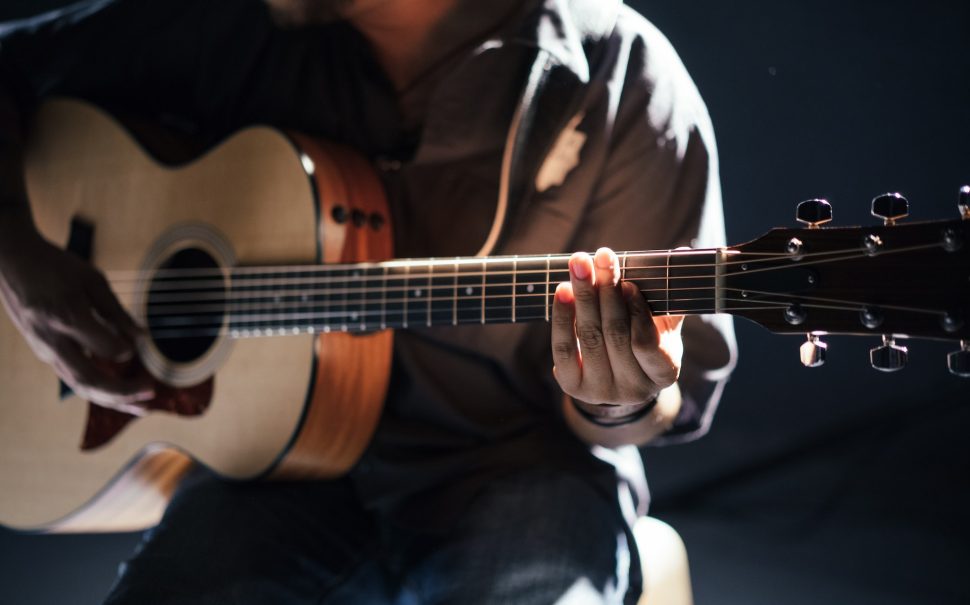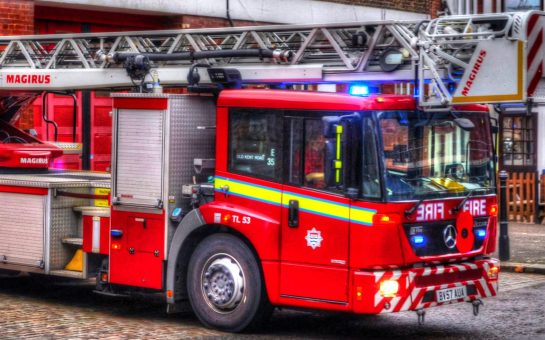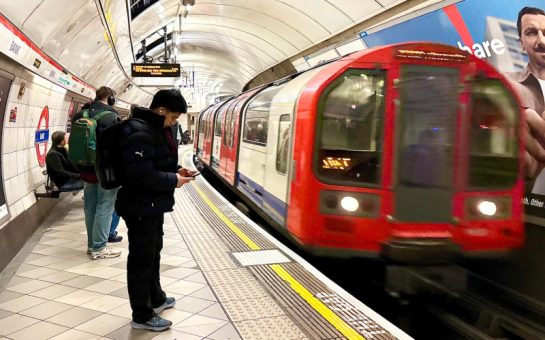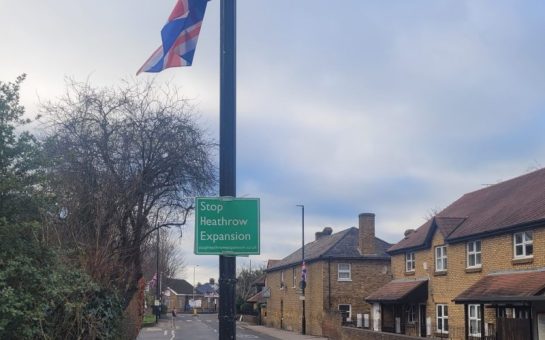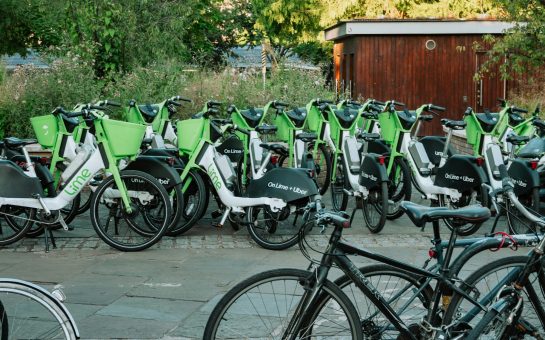Concerns that the cost of living crisis could affect the number of students undergoing music tuition are growing.
Data from the ABRSM Making Music Report (2021) shows that there is a higher percentage of children from higher income backgrounds learning musical instruments than those from lower income backgrounds.
Nearly twice as many children from the highest social demographic learn an instrument compared to the second lowest demographic, despite them making up a similar percentage of the population.
The data shows 27% of children learners come from the AB grade which mainly consists of higher and intermediate managerial, administrative and professional occupations and in 2011 made up 22.17% of the population.
Only 14% come from the social demographic (C2) which consists of skilled manual occupations and made up 20.94% of the population in 2011.
Further, only 18% come from the lowest social grade (DE) which consists of those in semi-skilled and unskilled manual occupations.
Lincoln Abbott, executive director at ABRSM said: “The social economic challenge comes in progression rather than access.
“The way the system is set up, every child should have the opportunity to have an initial experience with music.
“Where the challenge comes in is when you’ve had that initial experience and you want to carry on and you’ve got that spark of enthusiasm and interest that’s where we’ve got a system where costs come in.
“There might be a cost of needing to pay to hire an instrument, costs of lessons.”
These concerns around progression are mirrored when looking at admissions into music conservatoires, illustrating how hard progression can be for those from lower socio economic backgrounds.
Data from UCAS on 2022 admissions shows that consistently, from 2016 to 2022 there have been more pupils from quintile five (least deprived areas) applying to conservatoires than from quintile one (most deprived areas).
For example, in 2022 there were 1530 applicants from quintile five and only 390 from quintile one.
However, it does show that there is a rise each year in the number of applications from quintile one, increasing from 240 applicants to 390 applicants over the past six years.
Hounslow Music Service provides instrumental and vocal lessons to learners of all ages and abilities and also offers ensemble programmes and performances and aims to combat these concerns.
The service also works alongside schools in the borough to support the delivery of music education.
They provide things such as an instrument hire scheme and give lessons at a reduced cost for those who need it.
Oonagh Barry, CEO of Hounslow Music Service said: “‘We employ all our teachers and we do that because I want to be able to send teachers into schools, into those less affluent areas.
“It’s much more expensive, it’s much harder work but I think the results are a lot better in terms of getting to more children in the less affluent locations.
“Fundamentally what we do is we provide an opportunity for children, all children, to access instrumental learning whilst they’re at school.
“Within that, we provide an opportunity for those children who want to continue to be able to continue.
“A free market model will never look after the most vulnerable in society and we have got to have organisations like ours that are not just empowered but whose responsibility it is to make sure that music is not just for the rich.
“Music has always been a working class profession and we mustn’t forget that. It isn’t just an elite thing it’s for everybody.”
Barry explained that there are a number of barriers that exist for those from lower socio economic including the cost of instruments and space.
This graph shows the number of pupils currently taking small group or individual lessons through Hounslow Music Service.
This graph does not include those children taking whole class lessons, which would add around another 5000 pupils.
Barry added: “On every level I’m worried about the cost of living crisis, especially coming off the heels of the pandemic.
“Hounslow lives off travel and hospitality, Heathrow, hotels, and the associated businesses. A lot of our families lost their jobs or were furloughed so they lost a lot of money and now we’ve got the cost of living crisis.”
